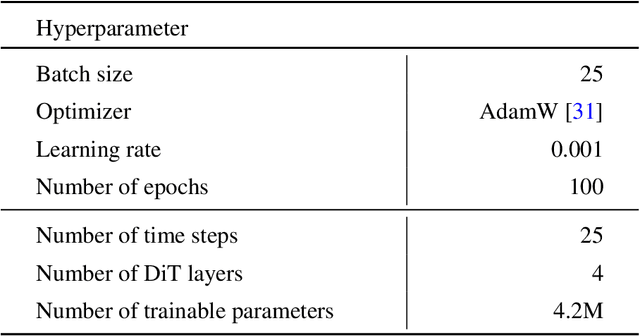Nilotpal Kakati
Denoising Graph Super-Resolution towards Improved Collider Event Reconstruction
Sep 24, 2024



Abstract:Accurately reconstructing particles from detector data is a critical challenge in experimental particle physics, where the spatial resolution of calorimeters has a crucial impact. This study explores the integration of super-resolution techniques into an LHC-like reconstruction pipeline to effectively enhance the granularity of calorimeter data and suppress noise. We find that this software preprocessing step can significantly improve reconstruction quality without physical changes to detectors. To demonstrate the impact of our approach, we propose a novel particle flow model that offers enhanced particle reconstruction quality and interpretability. These advancements underline the potential of super-resolution to impact both current and future particle physics experiments.
Configurable calorimeter simulation for AI applications
Mar 08, 2023Abstract:A configurable calorimeter simulation for AI (COCOA) applications is presented, based on the Geant4 toolkit and interfaced with the Pythia event generator. This open-source project is aimed to support the development of machine learning algorithms in high energy physics that rely on realistic particle shower descriptions, such as reconstruction, fast simulation, and low-level analysis. Specifications such as the granularity and material of its nearly hermetic geometry are user-configurable. The tool is supplemented with simple event processing including topological clustering, jet algorithms, and a nearest-neighbors graph construction. Formatting is also provided to visualise events using the Phoenix event display software.
 Add to Chrome
Add to Chrome Add to Firefox
Add to Firefox Add to Edge
Add to Edge